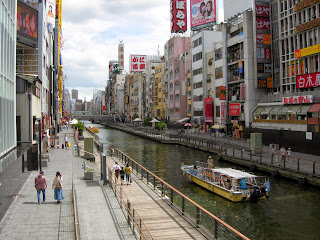Ministry of Education, Culture, Sports,
Science and Technology, or MEXT, released on Thursday the final report on its
illegal recommendations of its officers to colleges or other private sectors, which
was broadly known as amakudari in Japanese language. The report found that
three Vice Ministers, the position which was on the top of bureaucratic pyramid
in the ministry, had been involved in the parachuting of 62 retired or
in-active bureaucrats. Guaranteeing reemployment after retirement, Japan is
called the heaven for bureaucrats.
According to the report, MEXT started
organized recommendation of the officers after revised National Public Service
Act prohibited public workers in active to be involved in reemployment of
bureaucrats in 2008. There were two routes for the recommendation. One was
through a retired officer, named Kazuo Shimanuki, and another was coordination
by former Director of Personnel Division, Yoko Fujie. The report proved that
Shimanuki route was firstly established in 2008 and then, Personnel Division
was involved in the system as early as 2010.
Shimanuki recommended MEXT officers to
colleges or corporations, receiving information of reemployment from MEXT.
Fujie coordinated reemployments of the officers in other Ministries: an officer
with Ministry for Foreign Affairs to Tokyo University of Foreign Studies and
another with Ministry of Economy, Trade and Industry to Niigata University.
The involvement of three Vice Ministers was
surprising enough. Kiyoshi Shimizu was involved in two reemployments in 2011,
including recommendation of a retired bureaucrat to Tamagawa University.
Shin-ichi Yamanaka, currently the Ambassador to Bulgaria, dealt with four
reemployments, including an offer of MEXT officer’s information to Kansei Gakuin
University. Kihei Maekawa was involved in seven cases of recommendation to
university or private company.
In the policy of university reforming,
universities seriously need information of the policy coordinated by MEXT. That
was why some universities accepted MEXT officers. It can be said that
bureaucrats took advantage of those demands for their reemployment. There were
illegal connections between MEXT and universities or other private sectors.
Ordinary businessmen in Japan have to
research corporations to work for after their retirement by themselves.
Bureaucrats in Japan possess too much information as experts in specific policy
to eliminate amakudari. Disclosure of policy-making process would be crucial to
let private sector independent on bureaucracy.

















